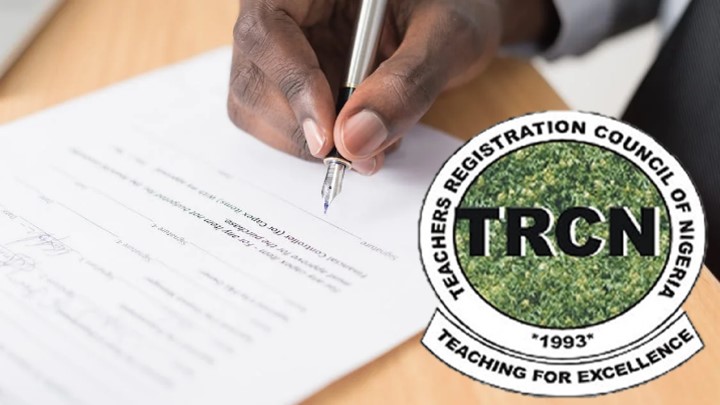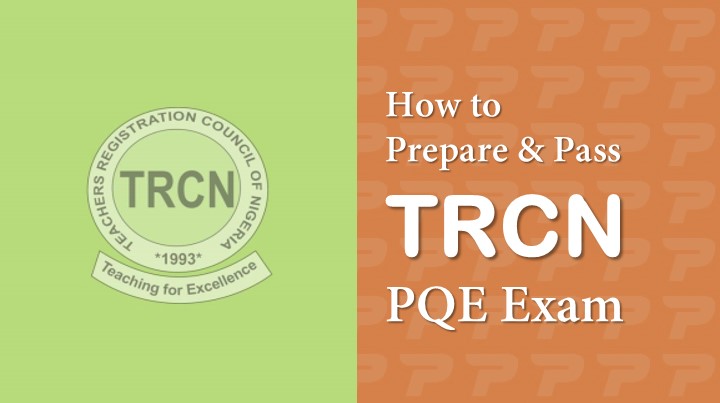Last Updated on September 28, 2024 by Uncle Pat Ugwu
Academic research is one of the prerequisites to obtain an academic certificate. Students are required to carry out academic research defense faqs towards the end of their studies. They will have to defend it to show that they actually carried out the study and that their findings can be used to solve societal problems.
So, a student may be wondering about “what type of questions are asked in a thesis defense?” or “possible questions in research defense.” Worry not again, we got you covered. We previously wrote an article on basic technological tools every teacher should use.
The difficulty here is that many students are thrown off balance when a panel of academic judges scrutinizes what they wrote. Many students fumble in responding to the questions. Not necessarily because they don’t know it, but because the questions are not expected or may be confusing to them.
Without wasting much time, here is a list of common academic research defense faqs used in project defense questions and their possible solutions with possible solutions on how to answer them. We also wrote gold teaching strategies for teachers.
1. In a few sentences, can you tell us what your study is all about?
To answer this question, you need to know every detail of your research project from chapters one to the end. The question requires an answer in the form of a summary of the entire study, therefore, to ace this particular question you require to know every detail in your abstract. If you wrote a good abstract, this question will be a cross-over for you.
2. What is your motivation for this study?
Another way this question could be twisted is WHAT IS THE RESEARCH PROBLEM? To answer this question, you may decide to elaborate on the problem investigated in the study. Your zeal to solve this issue becomes your motivation. Do not state financial reasons or the need to graduate as a motivation, as you may easily go off point.
3. Did you bridge any gaps in your study?
Every research study must have a problem. Your ability to solve this problem and explore into areas not yet researched gives you the full marks allocated for answering this question.
4. Why did you choose this title?
You are expected here to state your interest in life or a particular need that you would want to fix.
5. What is the significance of the study?
State the importance of your study. Ex. Highlight how your study will aid the government in policy development and implementation, how it will help other students who may wish to conduct research studies on the subject matter, and how organizations and society will benefit from your study.
6. What limitations did you encounter?
In this question, you are expected to use simple limitations like difficulties encountered in combining lectures and projects or financially constrained involved in gathering data. Don’t start to limit your study.
7. How did you establish the limits around the scope of your data collection?
Here you have to state how you are able to gather your data in spite of all the challenges.
8. What is the scope of the study?
Quickly state the delimitation of the study in brief. That is, what is covered and what was not covered in your study.
9. What statistical tool(s) did you use for your testing?
You are expected to convincingly state the statistical tools you used for your research questions and hypothesis.
10. What software did you use for your data analysis?
Research these days are done with computer software, you should know the name of the software you used for example Atlasti, SPSS, MiniTab, Design Expert, R, MS Excel, etc. You should also state the reason why you choose a particular software.
Haven exhausted 10 questions and their possible solution. We would like to make something clear for some students. They should know that academic research undergraduate is called a project. It is called a dissertation at the master’s level, and a thesis for Ph.D. students.
Now, let us continue with the rest of the questions:
11. What are the main issues and debates in this subject area?
12. What were the crucial research decisions you made?
13. What is the research problem? What phenomenon are you trying to explain/understand?
14. Who will be most interested in your work?
15. What is the theoretical and practical gap?
16. Is your literature current (up-to-date)?
17. Have you obtained the local literature on this topic?
18. Have you included in the literature the major theories, concepts, factors, and variables connected with your research?
19. Have you collected and reviewed enough literature? Have you been exhaustive in your literature search?
20. What are the expected relationships between the independent variables and the dependent variables? Why do you expect these relationships?
21. Why use a five-point scale? Seven-point scale? Why not use objective data?
22. What sampling technique are you going to use? Why? How are you going to choose the sample from the population?
23. What is the population of your sample?
24. What are your dependent variables?
25. What are your independent variables?
26. Are there moderating/ mediating variables? Why are these moderators/ meditating?
27. Where did you get your research framework? Is it your own? Why this framework?
28. How do you justify this framework?
29. Why chooses this method? Justify why you chose the method in a convincing manner.
30. Why did you use thematic analysis / qualitative content analysis?
31. How well did the study design work in practice?
32. What was the most challenging aspect of your research?
33. What Methods or Sampling Techniques did you employ? Ans: Your research methodology, chap3. Justify your sample size and technique.
34. What is your measurement instrument? In simple terms, what data collection method did you employ for the study? Ans: Questionnaires, secondary sources, etc.
35. What theories or theoretical framework is your study based on? Ans: Example, Maslow’s Theory and other theories of motivation.
36. What are your research variables? Ans: Explain your independent and dependent variable(s).
39. What are your findings? Ans: Your results or findings from the study.
40. How would you relate your findings to existing theories on the study? Ans: To ace this question, one will have to read extensively.
41. What are the contributions (to knowledge) of your thesis? Ans: State the solution your study has provided.
42. Based on your findings, what are your recommendations? Ans: Recommendations are very vital in every research study and should not be joked with. In essence, you should know your recommendations offhand.
43. What are the empirical, practice, and theoretical implications of your findings? Ans: State what you discovered in your analysis.
44. How is your study covering your variables? Ans: Simply explain your variable for/against your findings.
45. Are your theories supporting your results? How? Ans: Establish a link between your theories and the result of your finding.
Final Thoughts
Thus, this is how to answer questions during the thesis defense. Studying and having a good understanding of your research work will help you to put up convincingly answers to any of these questions.
You should also read other related research work to effectively bridge the gap. This will help you get the maximum marks you deserve for your research work.
Please use the comment section below to ask your question or share your view. Consider joining our Facebook Group to meet with other great teachers who are interested in EdTech. Also, subscribe to this blog by email and through our YouTube and Telegram Channels to receive regular EdTech and DigiLit updates.








It is a very important for bingers as well as for younger researchers during their academic research defense to solve their difficulty how to prepper for the defense. I except many students of BA, BSc, even MSc/MED or other students may be wondering about “what type of questions are asked in a thesis defense?” or “possible questions in research defense.”
Very educative and helpful. Thank you
Thank you. I am glad you like it.